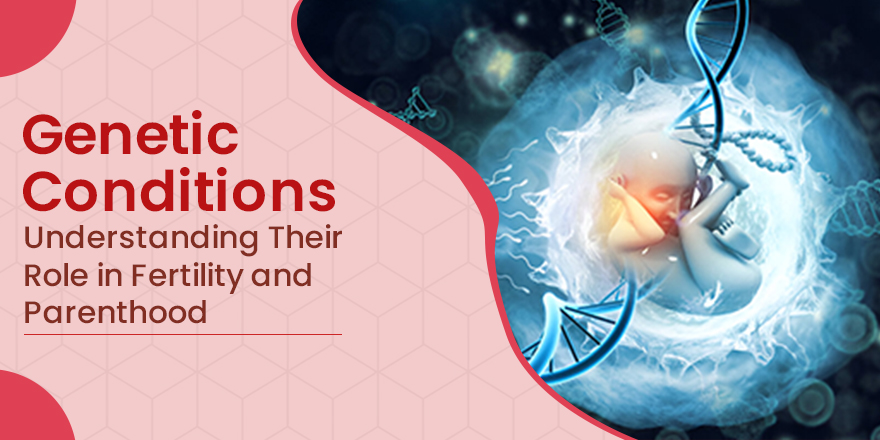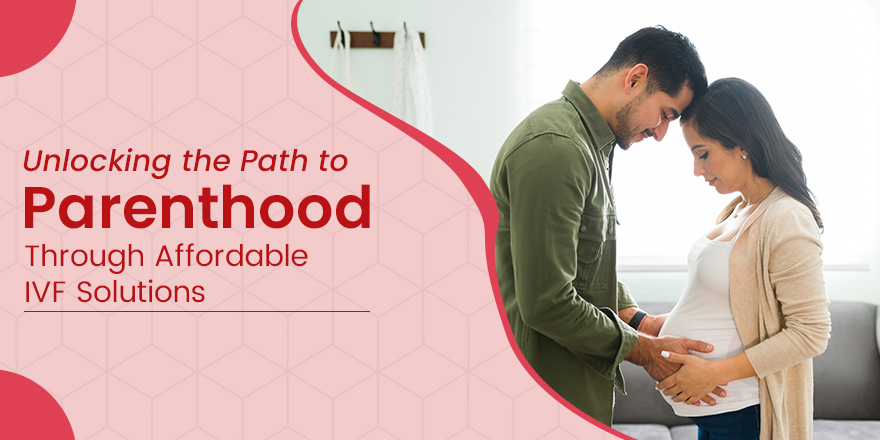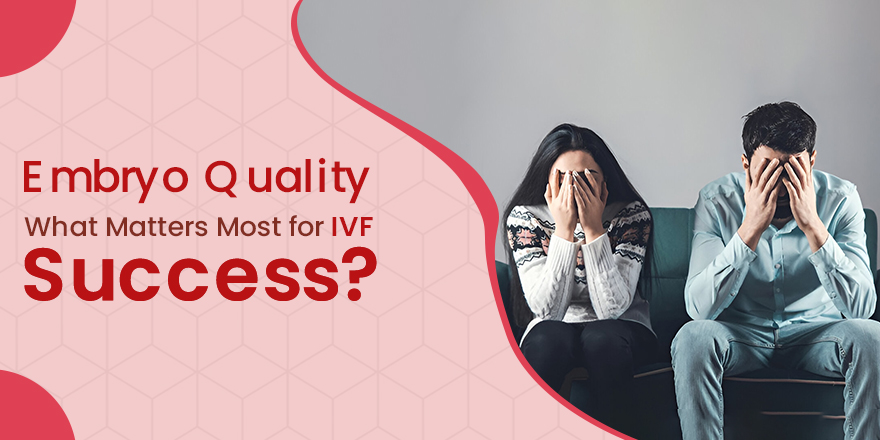When couples begin their journey toward parenthood, questions about health and heredity often arise. Among the most important concerns are genetic conditions. These are health problems caused by changes in our genes, which are the instructions that guide how our bodies grow and function. Understanding genetic conditions can feel overwhelming, but the right information brings clarity, confidence, and hope.
What Is a Genetic Condition?
A genetic condition is any health disorder that results from changes in genes or chromosomes. In simple words, to define a genetic condition it means a problem that comes from the body’s genetic makeup. These changes can be inherited from parents or occur naturally.
While some conditions are mild, others may affect long-term health or fertility. Knowing about them helps doctors guide couples toward safe and informed decisions.
Types of Genetic Conditions
There are different types of genetic conditions, each with its own impact:
- Single-gene conditions: Caused by changes in one gene, like sickle cell anemia or cystic fibrosis.
- Chromosomal conditions: Caused by missing or extra chromosomes, such as Down syndrome.
- Multifactorial conditions: Caused by a mix of genetic and environmental factors, like some heart defects.
Recognizing these categories helps doctors recommend the right tests and fertility treatments.
Common Genetic Conditions in Fertility Care
Some common genetic conditions that doctors often check for include:
- Thalassemia
- Fragile X syndrome
- Spinal muscular atrophy (SMA)
- Cystic fibrosis
Testing for these conditions can help reduce the risk of passing them on and give couples peace of mind when planning a pregnancy.
Why Genetic Testing Matters
Modern fertility care includes advanced testing for genetic conditions in babies and parents. Carrier screening, preimplantation genetic testing (PGT), and non-invasive prenatal testing (NIPT) can identify risks early. These tests do not eliminate all risk, but they provide valuable insights that allow couples to make informed choices.
Emotional Impact on Couples
Learning about genetic conditions can feel stressful. Couples often worry about what it means for their future family. It is important to remember that genetic changes are no one’s fault. With the support of doctors and counselors, many couples find reassurance and discover safe paths forward.
Treatment and Support Options
If a risk is found, doctors may suggest:
- Genetic counseling to explain results and options.
- Preimplantation genetic testing (PGT) to select embryos without certain conditions during IVF.
- Specialized pregnancy care to support both mother and baby.
With these options, couples can still build healthy families even when genetic concerns are present.
Also Read: Male Fertility Test: When and Why You Should Consider It
Final Thoughts
Genetic conditions may seem daunting, but with the right guidance, couples can move forward with confidence. By understanding the types of genetic conditions and the most common genetic conditions, you can take proactive steps for a healthier future.
At Seeds of Innocens, we provide advanced testing, compassionate counseling, and fertility treatments tailored to your needs. Our goal is to help you overcome uncertainties and focus on what matters most, your dream of parenthood.
If you are planning pregnancy or fertility treatment, speak with our specialists today to learn how we can support you through every step of your journey.
FAQs
- What is a genetic condition?
A genetic condition is a health problem caused by changes in genes or chromosomes. These changes can be inherited or occur naturally. - What are the types of genetic conditions?
There are three main types of genetic conditions: single-gene disorders, chromosomal conditions, and multifactorial conditions. - What are some common genetic conditions?
Common genetic conditions include thalassemia, cystic fibrosis, fragile X syndrome, and spinal muscular atrophy (SMA). - Can genetic conditions be tested before pregnancy?
Yes. Carrier screening, preimplantation genetic testing (PGT), and non-invasive prenatal testing (NIPT) can identify risks before or during pregnancy. - If I have a genetic condition, can I still have a healthy baby?
Yes. With proper testing, counseling, and fertility treatments, many couples with genetic risks go on to have healthy children.





